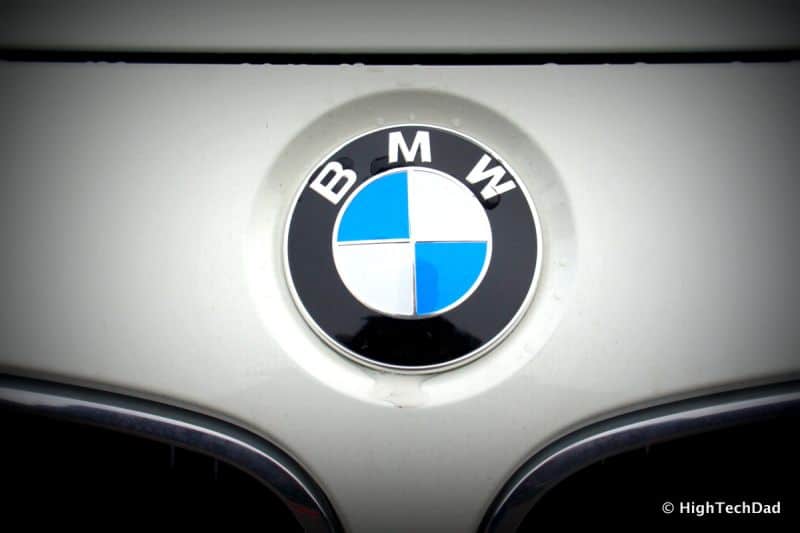Germany: German high-end carmaker BMW said Friday it booked a strong first three months with record first-quarter shipments and profits, confirming its targets for the full year.
Net profit at the Munich-based group added 1.2 percent year-on-year to reach 2.3 billion euros ($2.8 billion).
But operating, or underlying profits fell 3.1 percent to 2.8 billion euros, as revenues slipped 5.1 percent to 22.7 billion.
BMW said its turnover and operating profit were both braked by currency effects, arguing sales would otherwise have remained around the same level as last year.
Away from the figures, chief executive Harald Krueger highlighted “crucial strategic decisions” the firm had taken in the first quarter to lay the foundations for more connected, electric-powered future cars.
It has agreed with Mercedes-Benz maker Daimler, its historic rival, to merge the two firms’ apps for car-sharing, ride-hailing and locating parking spaces and electric car charging points, and opened an autonomous driving research centre outside Munich.
Meanwhile BMW struck a deal with local firm Great Wall to build all-electric Mini cars in China and previewed a battery-powered version of its X3 SUV.
And Krueger highlighted “growing costs and signficant investments linked to research and development,” including the 1,800-employee autonomous driving research centre outside Munich that opened in April.
Unit sales added 3.0 percent worldwide, at 604,629 vehicles between flagship BMW, compact Mini and luxury Rolls-Royce.
– ‘Dark clouds’ –
The figures offered little sign that revelations early in the year that the group had cooperated with Daimler and Volkswagen to fund tests of diesel exhaust gases on live monkeys put off buyers, with sales adding 1.0 percent in Europe, 4.0 percent in the Americas and 6.3 percent in China.
Looking ahead to the full year, BMW expects to book new records for unit sales and revenue, with pre-tax profits of “at least the previous financial year’s level” of 10.7 billion euros.
But “some dark clouds are hanging over the company,” analyst Frank Schwope of Nord/LB bank noted.
BMW was forced to recall some 12,000 vehicles in February that showed higher emissions of harmful nitrogen oxides in on-road driving than during regulators’ tests.
The case raised suspicions the firm could have used a “defeat device” designed to cheat supervisors similar to those deployed by Volkswagen in 11 million cars worldwide during the “dieselgate” scandal.
BMW said the unusual exhaust behaviour was due to a mistakenly installed software programme on certain models.
Other worries for the group include a threatened US import tax on cars and suspicion BMW was involved in a cartel with other German carmakers.
Investors appeared to share Schwope’s caution about the firm Friday, with its stock losing 1.46 percent just before midday (1000 GMT) to trade at 90.81 euros, making it the worst performer on Germany’s DAX index of blue-chip shares.
AFP

